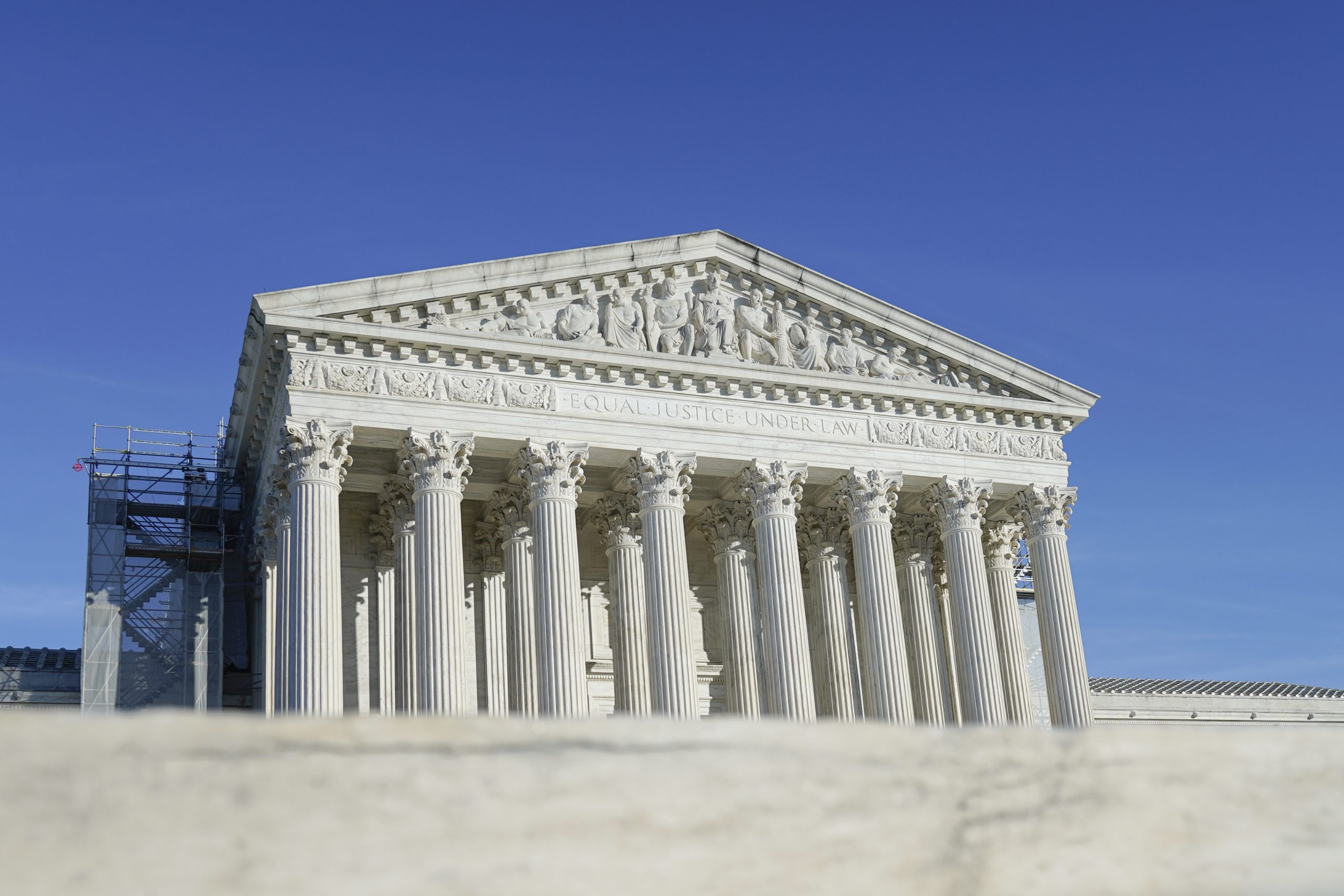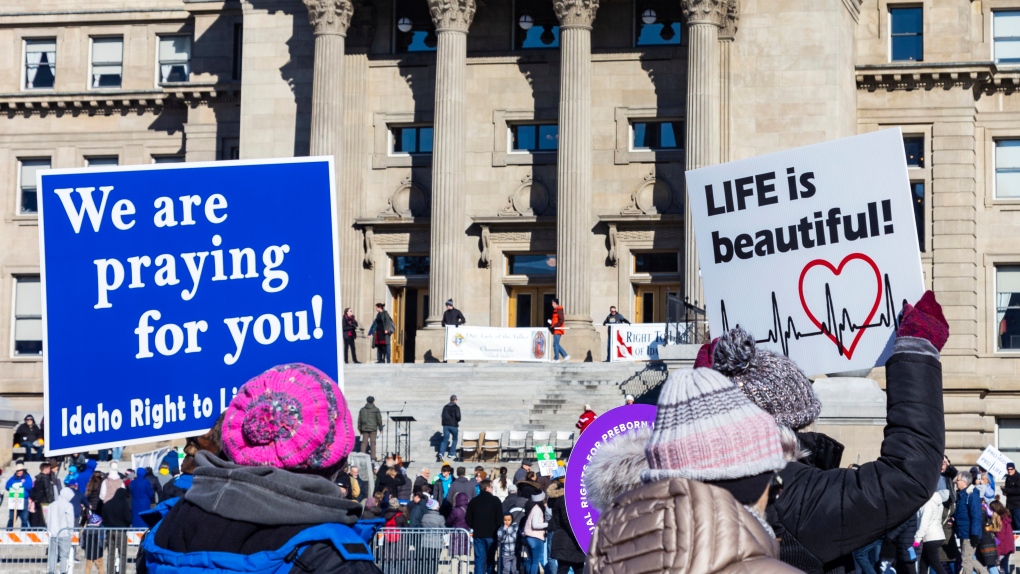In a pivotal move, the Supreme Court granted permission on Friday for Idaho to implement its rigorous abortion ban, even during medical emergencies, amidst an ongoing legal battle. This decision follows the justices’ agreement to hear arguments in April and temporarily suspends a lower court’s ruling that had halted the Idaho law concerning abortion in hospital emergencies, prompted by a lawsuit filed by the Biden administration.

Photo from Oregon Public Broadcasting
Legal Battle Surrounding Emergency Medical Treatment and Labor Act (EMTALA)
Despite a lower court’s block, the Supreme Court greenlit Idaho’s strict abortion ban enforcement, marking a crucial development in the legal landscape. The decision to hear arguments in April adds complexity to a broader legal struggle surrounding the Emergency Medical Treatment and Labor Act (EMTALA).
The Biden administration contends that hospitals receiving Medicare funds are obligated, under EMTALA, to provide emergency care, including abortion, irrespective of state-level abortion bans. The lawsuit against Idaho was filed a month after the Supreme Court’s decision to overturn Roe v. Wade, enabling states to impose significant restrictions on abortion.
Idaho, making abortion a criminal offense punishable by up to five years in prison, argues that the administration misuses EMTALA, imposing an unwarranted “federal abortion mandate.” The conflicting interpretations of EMTALA’s applicability to abortion raise fundamental questions about healthcare providers’ obligations in emergencies.
Divergent Legal Opinions
The legal dispute extends beyond Idaho, with a Texas case demonstrating differing opinions. While U.S. District Judge B. Lynn Winmill in Idaho supported the administration’s stance, a Texas judge sided with the state, emphasizing the complexities of applying federal laws to state-specific abortion regulations.
A recent federal appeals court ruling in New Orleans echoed Idaho’s argument, stating that EMTALA cannot compel hospitals in Texas to provide abortions in life-threatening pregnancy situations. The diverse judicial opinions highlight the ongoing debate over federal intervention in state abortion policies.
As the legal battle unfolds, the Supreme Court’s upcoming hearings will play a crucial role in shaping the landscape of abortion regulations, particularly in emergencies, with potential implications for healthcare providers and patients nationwide. The divergent opinions underscore the complexity of balancing federal laws and state autonomy in sensitive medical matters.
READ ALSO: Swing Voters In Key Counties Express Discontent With Trump And Biden
























